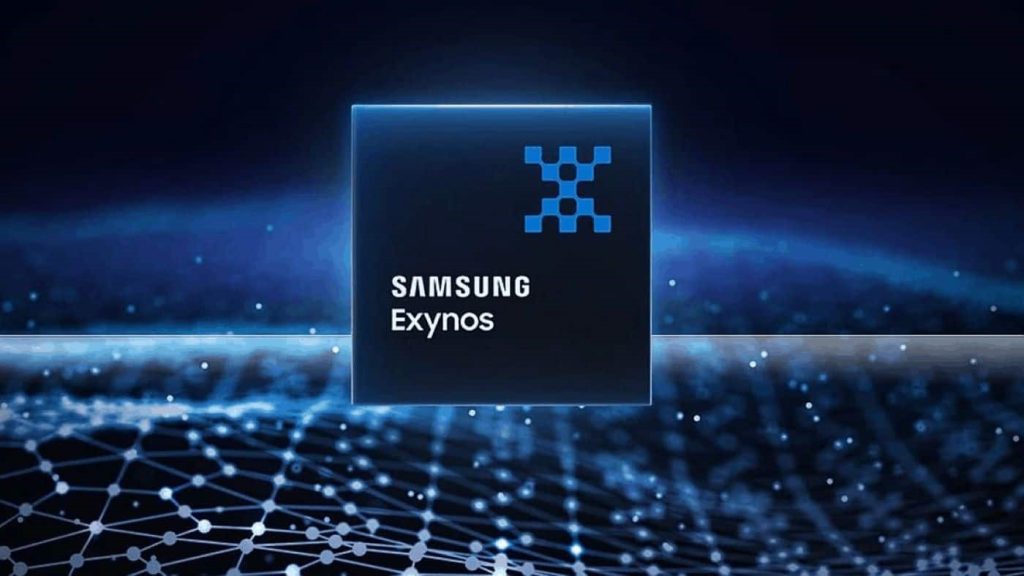Samsung Nears Mass Production of World’s First 2nm Chip, the Exynos 2600
Samsung is on the brink of a major milestone in semiconductor technology with its System LSI division preparing for the mass production of the Exynos 2600, a groundbreaking 2nm mobile application processor. This move could solidify Samsung’s position at the forefront of the global chip industry.

The Exynos 2600, which serves as the “brain” of a smartphone, is a flagship chip that is being considered for use in the highly anticipated Galaxy S26 series, slated for an early next-year release. While the chip is currently undergoing rigorous performance testing, a final decision on its integration into the new smartphone lineup is expected to be made in the fourth quarter of this year.
This new chip is seen as a crucial test for Samsung’s 2nm foundry process. It is expected to enter mass production even before chips for clients like Tesla’s AI semiconductors, highlighting the strategic importance of the Exynos 2600. Industry reports suggest that the chip’s success is highly likely, thanks to a key innovation: the integration of a “heat path block” (HPB). This component is specifically designed to address and solve the thermal management issues that have historically affected previous generations of Exynos chips.
The development of the Exynos 2600 comes amid an intense global race to miniaturise chip technology. While IBM produced a 2nm test chip in 2021 and TSMC has also announced its own 2nm production plans, Samsung’s Exynos 2600 is poised to be the first mobile SoC to be mass-produced on a 2nm process node, marking a significant advancement in the commercial application of this cutting-edge technology. The 2nm process, using Gate-All-Around (GAA) transistor architecture, promises to deliver substantial improvements in both performance and energy efficiency for future devices.
If the Exynos 2600 is successfully adopted, it would signal a major comeback for Samsung’s in-house Exynos processors in its flagship phones, following a period where the company had relied more heavily on Qualcomm’s Snapdragon chips for its high-end devices in certain markets.



